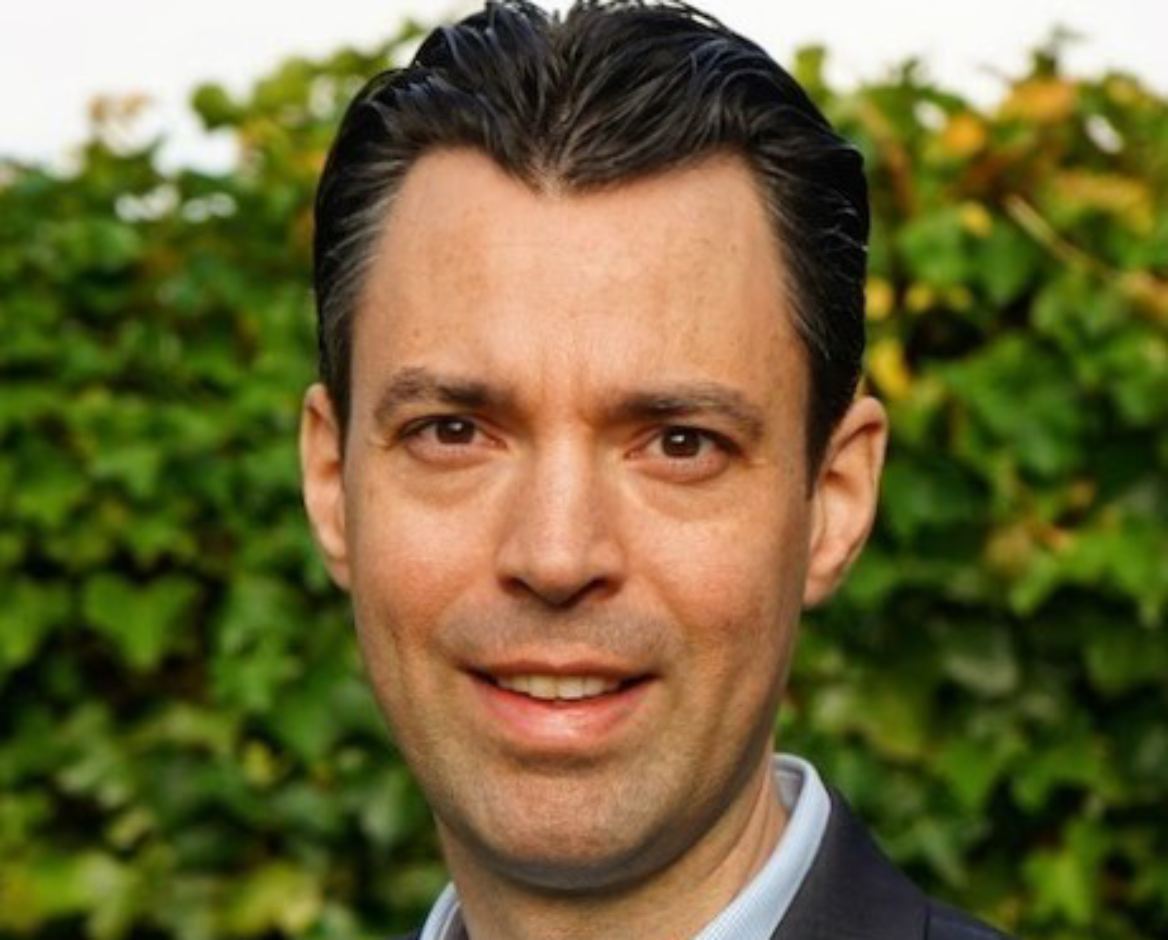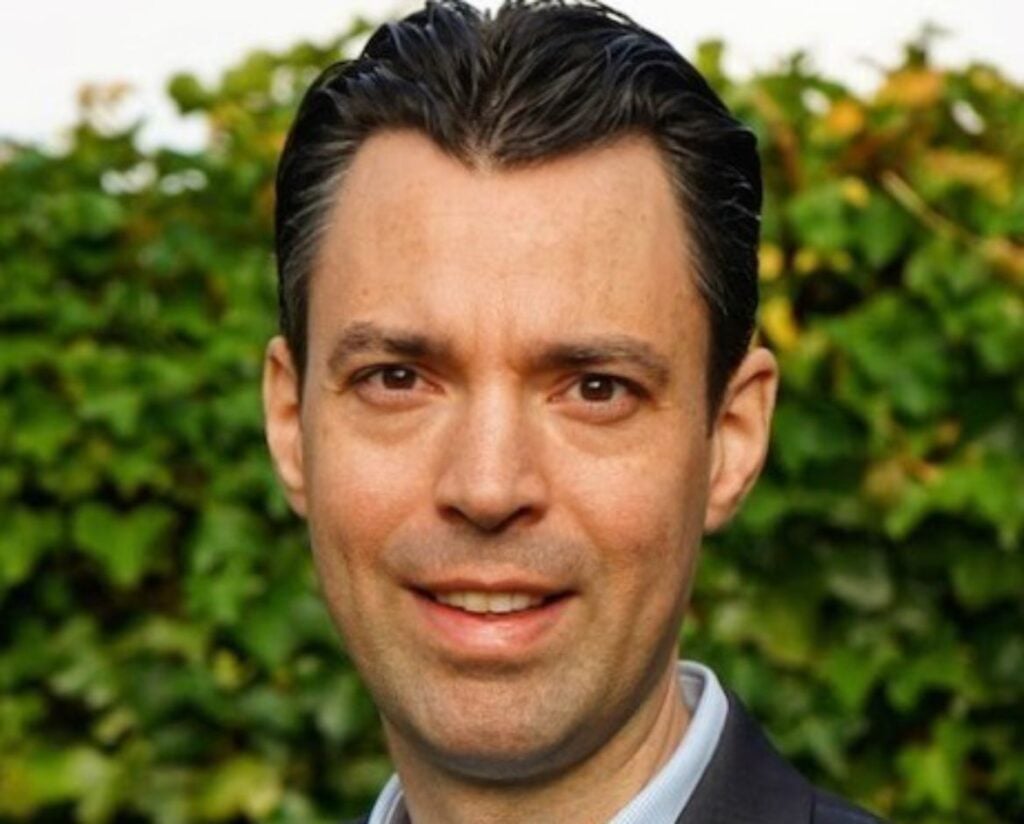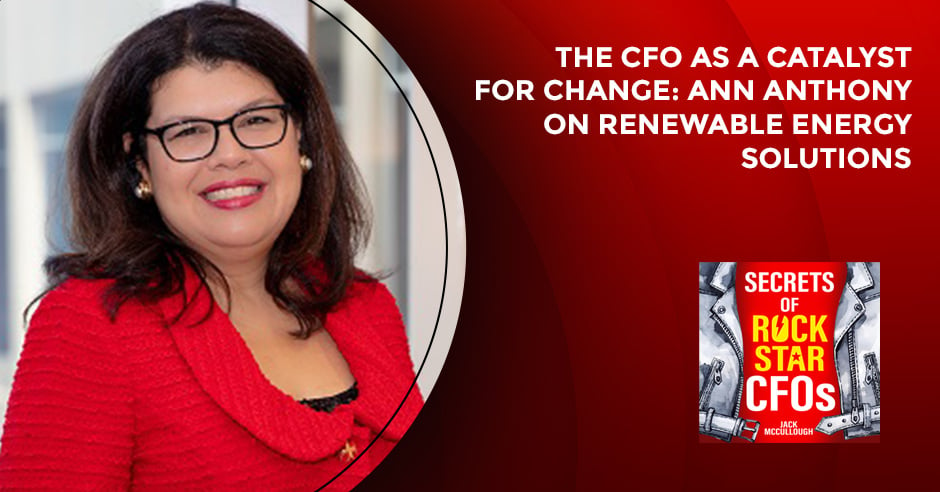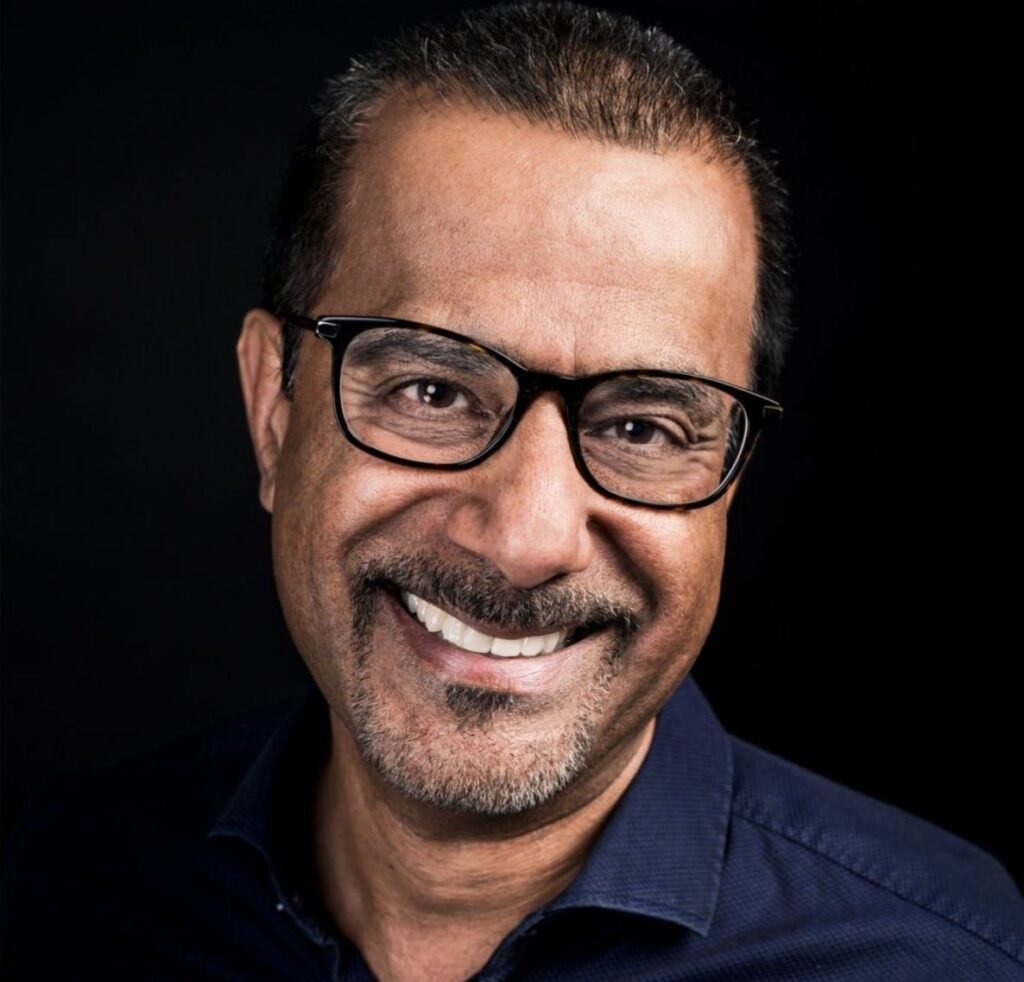For Michiel Boere, former global CFO of Uber Eats, the secret to being an effective finance chief is about as far from the old CFO stereotype as you can get.
As CFO of Remote, a provider of payroll, employer of record and HRIS solutions, Boere views his role as a “connective force” across the executive team. His goal as CFO is to remove the friction slowing growth and innovation, not create it; to know when to be flexible on costs instead of tightly controlling them.
To do all that, Boere stresses, a CFO needs to be “hands-on, operationally aware and forward-looking,” not someone whose entire view of the business is limited to numbers in a spreadsheet.
Our writer Katie Kuehner-Hebert asked Boere, who is based in Amsterdam, about his formative, pressure-filled years at Uber and how he thinks AI will reshape corporate finance.
What have you learned in your professional journey to CFO, and what advice would you share with current and future CFOs to help them advance in their leadership roles?
I’ve built my career by actively seeking out diverse experiences, not just across finance but across the entire business. I’ve worked in marketing, I’ve run a production facility, and I’ve led customer service. That has shaped how I lead today: not as a technical finance manager but as a business-oriented CFO who can connect strategy to execution.
To operate effectively at scale and across industries, you need more than financial acumen: you need a broad, practical understanding of how businesses actually work. That includes knowing when to take calculated risks and when flexibility will drive more value than rigid cost control.
One of the most valuable lessons I learned during my time at Uber was how to stay calm and focused in fast-moving, high-pressure environments. That skill—the ability to cut through noise, prioritize what matters most and act decisively—translates across any role, at any company. For aspiring CFOs, my advice is simple: Don’t chase activity, chase impact.
How do you see AI reshaping the role of the CFO, and how do you expect it to continue evolving?
AI is generating a lot of attention across industries, and rightfully so. However, within finance, real-world adoption is still quite limited. Most CFOs today are in the very early stages of experimenting. You see people using AI tools for quick research or drafting. Still, when it comes to core financial processes—such as accounting, reporting and controls—the technology isn’t yet consistent or reliable enough to fully trust the numbers.
“To operate effectively at scale and across industries, you need more than financial acumen: you need a broad, practical understanding of how businesses actually work.”
That said, I don’t think the role of AI is to replace financial judgment or complex analysis. The real value is in productivity and augmentation. Think of AI as a highly efficient assistant: It can help analyze large datasets quickly, summarize dense reports, automate routine tasks and reduce time spent on manual work. It frees up teams to focus on higher-order strategy.
Looking ahead, I envision AI evolving as a co-pilot for finance teams, rather than a replacement. The CFO’s role will shift more toward orchestrating human and machine collaboration, setting the guardrails, ensuring data integrity and helping the organization make faster, better-informed decisions.
As the CFO of a global company, how are you handling economic uncertainty?
Much of my perspective on navigating uncertainty was shaped during my time at Uber. I spent seven years helping it transition from a fast-scaling startup to a public company. I worked on businesses that were still loss-making and evolving their product-market fit. Therefore, I had to get comfortable making decisions with imperfect information and striking a balance between growth and financial discipline.
At Remote, I take a similarly pragmatic approach. I’m comfortable trading short-term profitability for long-term value but only when the upside is clear and the downside is managed. That means being disciplined in our spending, thoughtful about where we invest and constantly aligning our financial decisions to our strategic priorities.
Economic uncertainty doesn’t change our ambition, but it does sharpen our focus. We stay grounded by controlling what we can, planning for multiple scenarios and maintaining the flexibility to adapt quickly. The goal isn’t just to protect the business, it’s to position it to emerge stronger on the other side.








